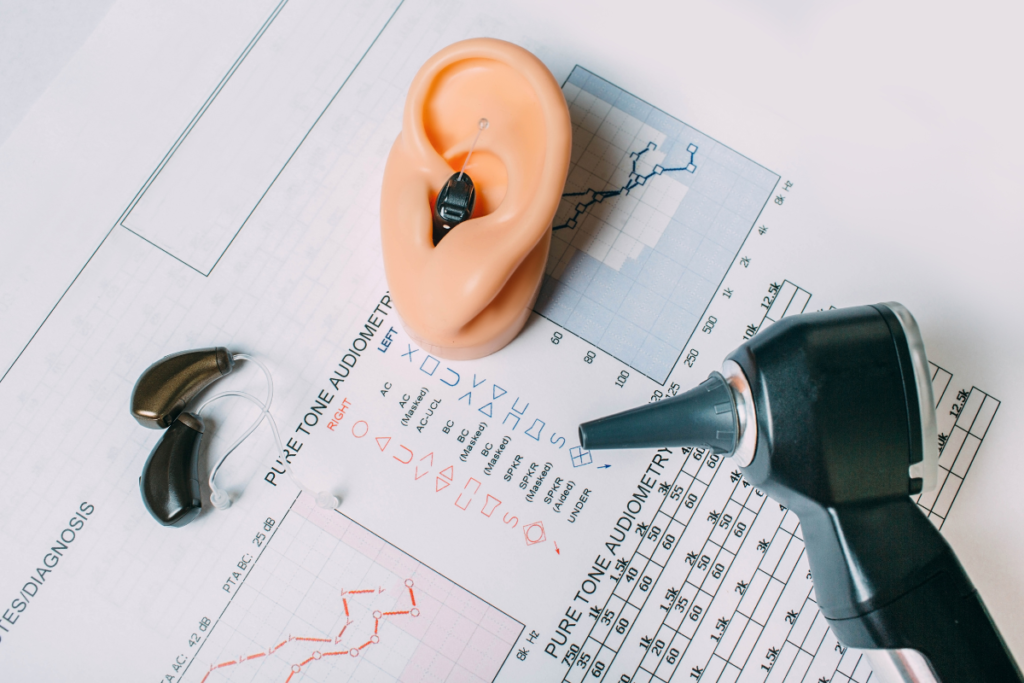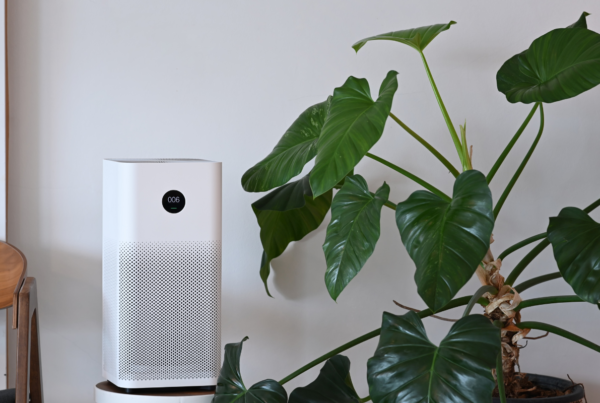
Hearing is a precious sense that allows us to connect with the world around us. Unfortunately, many people take their hearing for granted until it starts to fade.
Occupational noise above 85 dB increases the risk of hypertension and noise-induced hearing loss in industrial workers (Salamah et al., 2023). Unmanaged hearing loss can significantly impact our health and well-being, leading to isolation, mental health problems, and even dementia.
Why Hearing Protection Matters
Constant exposure to loud noises can damage the delicate inner ear, causing permanent hearing loss and tinnitus (ringing in the ears). The risk of hearing damage depends on two factors: noise level and exposure duration.
Sounds exceeding 85 decibels (similar to a food blender) for more than eight hours can cause permanent damage. Every 3-decibel increase halves the safe listening time. In a nightclub (over 100 decibels), hearing damage can begin in less than 15 minutes!
Protecting Your Hearing at Work
If you work in a noisy environment, talk to your employer about hearing protection options. They should also ensure noise levels are assessed and take action if they exceed 80 decibels.

Signs of Hearing Loss
- Needing to turn up the TV volume
- Difficulty following conversations in noisy places
- Struggling to hear on the phone
- Frequently asking people to repeat themselves
- Feeling like others mumble
Supporting Employees with Hearing Loss
With the right support, people with hearing loss can thrive in the workplace. However, many employees hesitate to disclose their hearing loss due to fear of discrimination or negative career impacts.

Here’s how employers can create a more inclusive environment:
- Share the RNID online hearing test link: This allows employees to discreetly check their hearing and get personalized advice.
- Raise awareness: Participate in events like Deaf Awareness Week to educate employees about hearing loss.
- Accessibility during recruitment and onboarding: Offer interview adjustments and workplace assessments to ensure equal opportunities.
- Open communication: Encourage employees to discuss hearing loss through one-on-one meetings, staff networks, and leadership communication.
- Deaf Awareness Training: Train staff on best practices for communicating with deaf or hearing-impaired colleagues.
- Support for Line Managers: Equip managers to confidently support employees with hearing loss and implement reasonable adjustments, such as assistive equipment, communication support, or strategic seating arrangements.
- Make the workplace accessible: Ensure meeting spaces and the overall work environment are accessible for those with hearing loss. Follow RNID’s communication tips for staff
Reference:
Salamah, I.I., Sumardiyono, S., & Murti, B. (2023). Meta Analysis – Effect of Occupational Noise on the Risk of Hypertension and Noise Induced Hearing Loss in Industrial Workers. Journal of Epidemiology and Public Health.
British Safety Council. (2024). Why it’s vital to take care of your hearing [Feature article]. Retrieved from https://infoservice.britsafe.org/feature-articles/why-it-s-vital-takecare-your-hearing
Discover more from WellFit
Subscribe to get the latest posts sent to your email.



